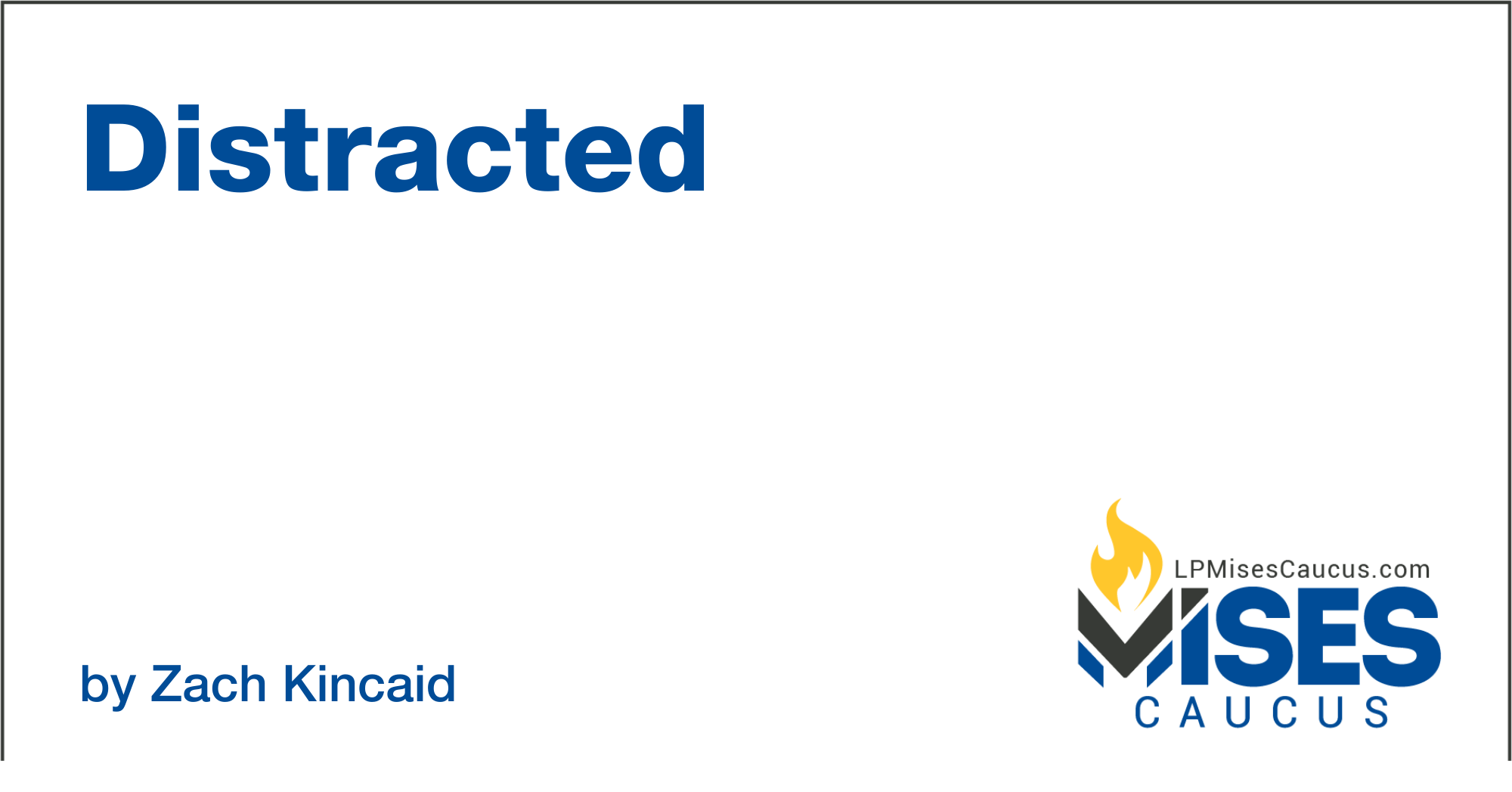Article originally published here on Substack
There is a feeling of deja vu currently sweeping through Libertarian and anti-authoritarian circles that seems to be easily attributed to the cyclical nature of modern politics and the exploitation of the tribalism and emotional responses of American voters. Whenever the hegemony is threatened, right at the moment when it seems the plurality has finally agreed that further imposition will no longer be tolerated, there coincides some new issue that refocuses the ire of the masses away from the state and back on to themselves.
Americans from across the social, economic, and political landscape are done with the pandemic response and its negative effects and consequences. Lockdowns, mandates, censorship, and inflation have grown from the topics of dinner conversation into the potential driving force in the upcoming election. Trust in politicians, the police and other social services, and the corporate media are at an all time low and continue to erode.
The similarities between this moment and the political climate during the Great Recession are almost overwhelming. Government intervention, via regulatory and financial manipulation, created the circumstances leading up to the banking crisis. While average consumers and workers suffered layoffs, bankruptcies, and evictions, the lending institutions and largest corporations in the country were deemed “too big to fail” and given special treatment via carve outs and bailouts. Anti corporate sentiment and distrust of crony capitalism rose in the country in the form of Occupy Wall Street and the Tea Party. These groups, on the American left and right respectively, were coming to the realization that .01% of the population were gaining wealth and institutional power via the destruction of the lives of the 99.99%.
But all of that progress was instantly derailed by the insertion of race into the national conversation. Suddenly, all of the energy surrounding the transgressions of the politically powerful or connected was redirected inward, exploiting the emotional state of the majority of the country and reigniting the culture war and ultimately dividing the “99%.”
A decade passes until, once again, we find ourselves agreeing with our neighbors that the potential destruction of our entire way of life is being caused by one specific group of people. Housing costs, inflation, shutdowns, layoffs, supply chain crisis, bank and corporate bailouts, record spending, crime, rioting, and policing have wreaked havoc on Americans across the board. Now, the almost universal desire to correct the pain of the last two years has been immediately replaced by arguments over one of the most divisive issue in America.
The timing of this Supreme Court opinion leak coincides with the beginning of the 2022 election season, where many incumbents were facing heavy backlash for their roles in the pandemic response. These issues have been dwarfed by the philosophical, moral, and legal battles surrounding Roe v Wade and the chance to push back against the state as a united populace appears to have faded, once again.
History doesn’t repeat itself, but it often rhymes. As living gets more difficult and emotions run high, it leaves open an opportunity to channel that rage away from the root causes and instead aim towards each other. This opportunity is too easily exploited, almost predictably so; one can only hope that fewer people have fallen for the bait and switch this time.

